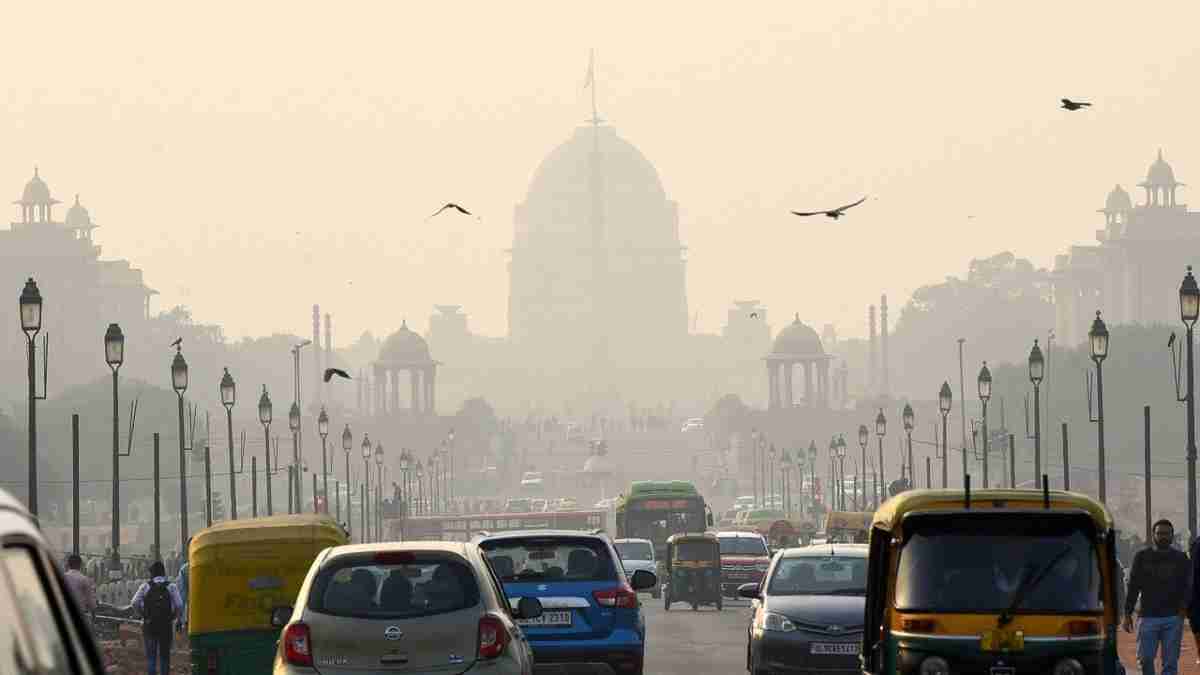Delhi’s severe air pollution has sparked renewed debate about its suitability as India’s national capital, with Congress MP Shashi Tharoor questioning whether the city is still fit for the role. This conversation finds parallels in Indonesia, which is relocating its capital from Jakarta to Nusantara to address environmental and urban challenges.
Jakarta’s Environmental and Urban Crisis
Jakarta faces severe air pollution, consistently ranking among the world’s most polluted cities. Hazardous air quality has led to widespread health issues, including acute respiratory infections and stunted infant growth. Adding to the crisis, the city is sinking due to uncontrolled groundwater extraction and rising sea levels, with one-third of it predicted to be underwater by 2050.
Indonesia’s Solution: Nusantara, a ‘Forest City’
To address these challenges, Indonesia is constructing Nusantara, a $35 billion “forest city” powered entirely by renewable energy and designed with 65% reforestation. Scheduled for completion by 2045, the project includes relocating 1.5 million civil servants and building extensive infrastructure. However, critics have raised concerns about the environmental and social impact of this relocation, particularly on the rainforest-rich island of Borneo.
Also Read: Russian President Vladimir Putin To Visit India, Says Russian Government
Delhi’s Challenges Mirror Jakarta’s
Like Jakarta, Delhi struggles with severe air pollution, frequent smog, and an overburdened infrastructure. The city’s Air Quality Index often falls into the “severe” category, posing significant public health risks. Overcrowding and the urban heat island effect further threaten its livability. While relocating the capital has historical precedent, Kolkata to Delhi in 1911, a modern-day move would be far more complex and expensive.
Potential Alternatives to Relocation
Rather than moving the capital, India could focus on making Delhi more sustainable. Investments in clean energy, expanding public transport, increasing green cover, and enforcing stricter emission controls could significantly improve the city’s conditions. Additionally, decentralizing some administrative functions to other cities might reduce Delhi’s burden without necessitating a full relocation.
The Way Forward for India
Indonesia’s capital relocation offers valuable lessons, but it remains a work in progress. For now, India should prioritize addressing Delhi’s environmental crisis through sustainable reforms. This would ensure the city remains a functional and livable capital, balancing development with environmental responsibility.
Also Read: Domestic Air Travel Sets New Record; Over 5 Lakh Passengers In A Day Amid Festive Demand













